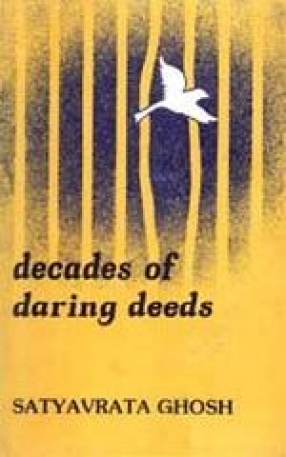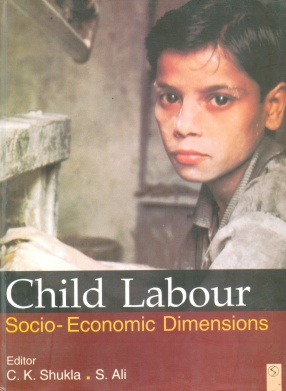India’s freedom struggle of less than a century has two main trends, one the constitutional approach, generally associated with the Congress. It believed in non-violence as a technique. The other stream consisted of revolutionaries, many of whom were outwardly Congressmen also. The outstanding example was Surya Sen (Masterda) who was at the same time the president of his District Congress Committee. Actually, he was the leader of the most well known revolutionary action at Chittagong. Just because the Congress and the Congressmen have received more than their due share of publicity, it is necessary to do justice to others who have contributed no less, probably much more, to our freedom struggle. Their actions can come under two categories, organized (actual or contemplated) and isolated actions of dedication and daring which inspired the youth of the nation who had become somewhat dormant. I have started with the earliest of them, the Chapekar Brothers of Pune. Going chronologically, I have covered 38 such episodes. Some of them are better known and some less. Some are almost unknown. But each was inspired by the same ideal of patriotism for which they suffered and sacrificed everything. The last act of heroism came with the naval uprising in Bombay in 1946. That was the last nail in the coffin of a dying Imperialism in India. Today we enjoy our independence. May it live long and be shared by all. That will be the best way of repaying our debt to these intiepid soldiers of freedom.
Decades of Daring Deeds
$22.50
$25.00
In stock
Free & Quick Delivery Worldwide
All orders amounting to US$ 50 or more qualify for Free Delivery Worldwide. For orders less than US$ 50, we offer Standard Delivery at $14 per book.
ABOUT THE AUTHOR Satyavrata Ghosh
Born at Barisal (now in Bangladesh) on the 31st of May, 1914, Prof. Satyavrata Ghosh had a chequered career. Though he belongs to a family of outstanding educationists, his own academic career was cut short just after he passed the matriculation examination. for a considerable period, he suffered incarceration as a detenu, suspected of revolutionary activities. Externed from the province of Bengal, he did his M.A. in Political Science fro Banaras Hindu University, topping the list. With the outbreak of War, however, he could secure a job at Delhi with the Government of India bu tsoon lost it due to earlier police reports. He was literally on the streets. Here came a turning point in his career. Unable to get a job, he turned desperate and moved from pillar to post. He somehow managed to get a job, he turned desperate and moved from pillar to post. He somehow managed to get a job, he turned desperate and moved from pillar to post. He somehow managed to get a job as political secretary to a Kanpur industrialist, Ram Ratan Gupta, who was then a Central M.L.A. belonging to the Nationalist Party. congressmen were in Jail. The Nationalist Party was all-important in our political life. He helped the party and also the organisation of Indian Council of World Affairs. This brought him closer to the fast changing political scene of India. But as a sensitive soul what he saw around him was depressing. He looked for fresh fields and pastures new before joining his family tradition of teaching. He became 'Prof. Ghosh' and joined Rohtak Jat college. He also served various other colleges as post-graduate professor of Political Science and retired as principal of a Government college in M.P. Later he shifted to Bombay and became a post retirement journalist and author.
reviews
0 in total
Review by Anonymous
Be the first to review “Decades of Daring Deeds” Cancel reply
You must be logged in to post a review.
Bibliographic information
Title
Decades of Daring Deeds
Author
Edition
1st ed.
Publisher
ISBN
8170186072
Length
xii+198p., Plates; Index; 23cm.
Subjects
more by Satyavrata Ghosh see more
similar bookssee more
Modern Educational Research
$57.60
$64.00





There are no reviews yet.